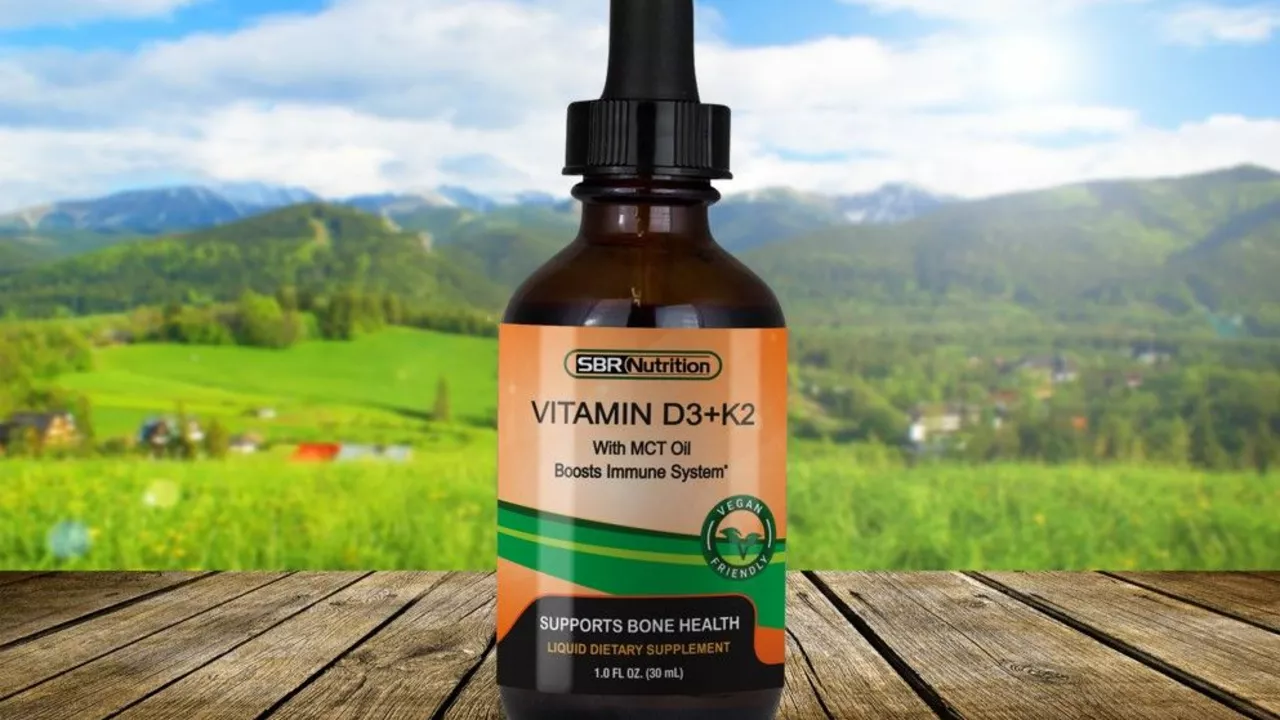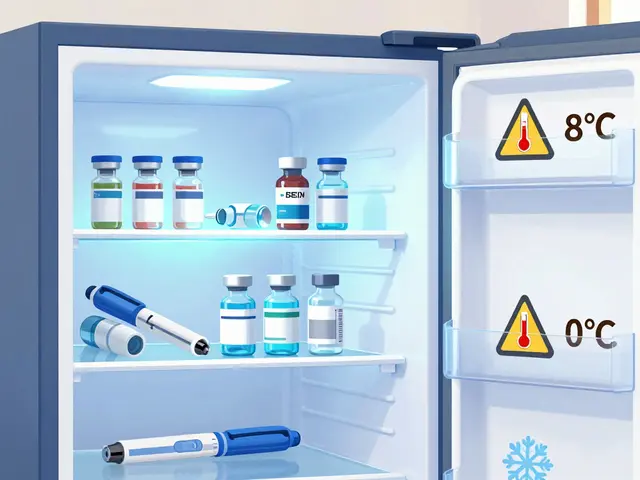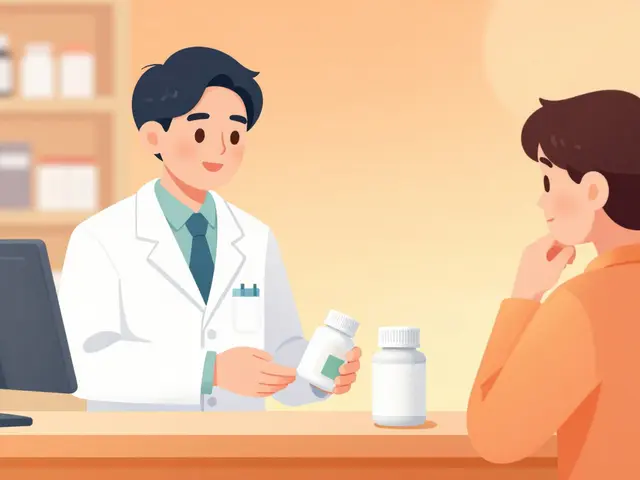Nutrient impact: what your food and supplements do to your body—and your meds
Did you know a glass of grapefruit juice can change how some drugs work? Nutrient impact means the real, measurable way vitamins, minerals and foods affect absorption, drug action, symptoms and lab results. That matters whether you take a prescription, use herbal supplements, or just want to get more from your diet.
Common nutrient–drug interactions you should watch
Some combos are small bother, others are serious. A few practical examples: Vitamin K-rich foods (spinach, kale) blunt warfarin (Coumadin) and can change INR results. Calcium and iron supplements reduce absorption of antibiotics like tetracycline and drugs such as levothyroxine—take those meds two hours before or four hours after. Grapefruit stops enzymes that break down many drugs, raising their levels and side effects. High-dose vitamin E can increase bleeding risk with blood thinners. These are real risks patients face every day.
Also think timing. Taking iron with coffee or tea halves iron absorption because tannins block uptake. Fat-soluble vitamins (A, D, E, K) need some fat in the meal to absorb—so skip the zero-fat snack if you want your supplement to work. Simple timing changes often solve the problem.
Practical steps to lower risk and boost benefit
Start with a short checklist: tell your doctor and pharmacist every supplement and herbal you take; read labels for interaction warnings; space supplements and meds by a few hours when in doubt. If you’re on warfarin, keep your leafy-green intake steady—don’t make sudden big changes. For antibiotics or thyroid pills, set one consistent routine for when you take them relative to meals and supplements.
Testing helps. Labs like INR, electrolytes, or vitamin levels can show if a nutrient is causing trouble. If you use high-dose supplements, ask for a blood test before sticking with them. That’s smart for people with kidney disease, heart failure on diuretics, or those on multiple medicines.
Supplements aren’t always harmless. Some herbal mixes contain undeclared drugs; some high-dose vitamins can worsen conditions or interact with chemotherapy and other treatments. Buy from reputable brands, look for third-party testing (USP, NSF), and avoid miracle claims. When in doubt, treat supplements like medicines—ask a professional.
Small changes make a big difference: take your statin at night if advised, avoid grapefruit with certain meds, separate iron and thyroid pills, and add a little healthy fat to meals when taking fat‑soluble vitamins. Those tweaks protect you and make your nutrition actually work.
If you want, I can make a short personal checklist for your meds and supplements—tell me what you take and I’ll point out likely interactions and timing tips.
Hey folks, just stumbled across some fascinating stuff about the sunshine vitamin, vitamin D, and our heart health. As it turns out, it's not just for strong bones! Studies show a startling link between vitamin D deficiency and cardiovascular disease. If you're lacking in the D department, you might be unknowingly inviting heart problems to your door. So, don't be a heart breaker, ensure you're soaking up enough sunlight or popping those vitamin D supplements. Your heart will thank you!



